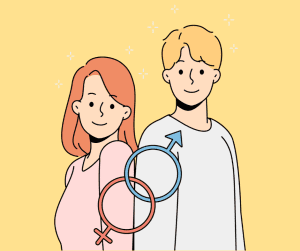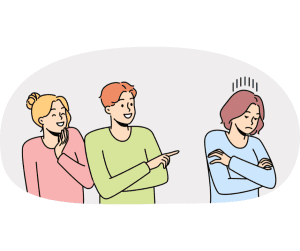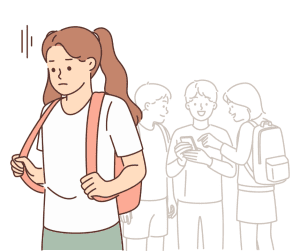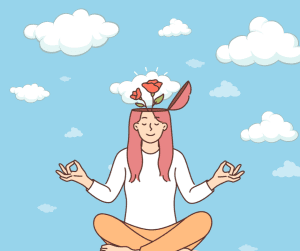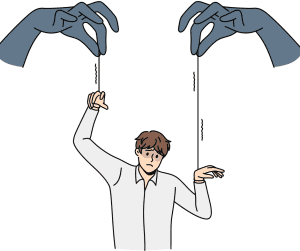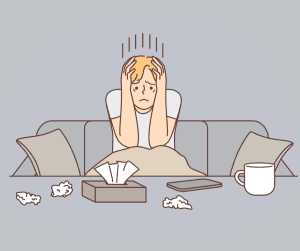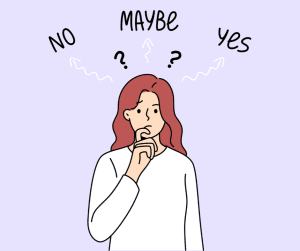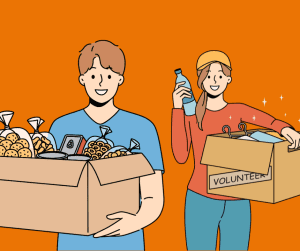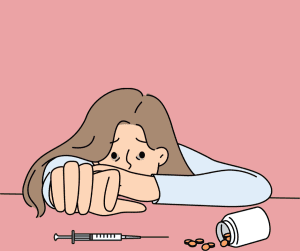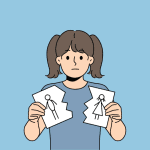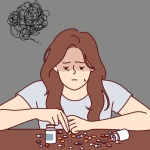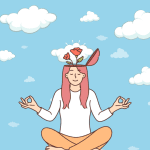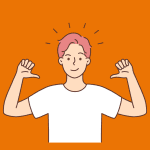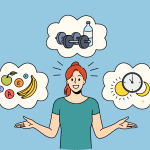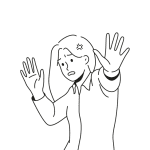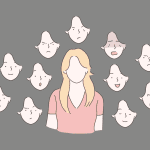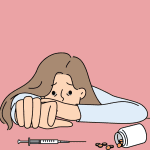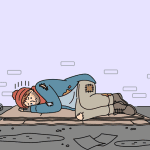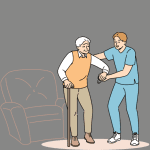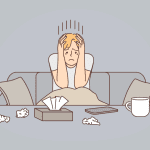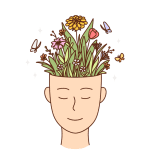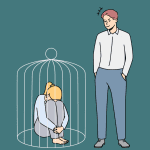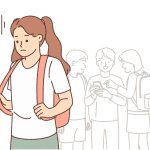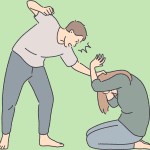A state of well-being
Young people are trying to deal with different situations and new challenges in their lives. They may experience problems at school, relationships with friends, changing circumstances that can happen with the family, learning disabilities, such as ADHD, self-harm, different kinds of abuse, big decisions about work and school, and other pressures of growing up. These pressures and stresses can affect young people’s well-being.
Additionally, some youngsters may find it difficult to speak to relatives or trusted adults. This could result in feelings of helplessness, where they seem to have no way out of their situation. If this happens the youngsters can become moody, become disrespectful at home or at school and turn to activities that would be harmful to their physical and mental health.
Why is it important to have a physically and mentally healthy lifestyle?
A healthy lifestyle will help individuals gain and retain control over and/or improve their health and happiness, increasing their ability to cope with their circumstances.
There are a number of needs that are important in any health plan:
- Basic needs: healthy foods and plenty of sleep.
- A sense of security and stability.
- Love and belonging (friendship and family).
- Respect, inner strength, independence and freedom.
A healthy lifestyle goes beyond just taking care of your physical/mental conditions… it contributes to an individual’s ‘well-being’.
Facts
- Young people in Malta are leading very inactive ways of life and this can be blamed on the changes in social trends as many youths spend more time in front of a computer or playing high-tech games.
- Many youths in Malta are driven by their parents to various places instead of walking or catching a bus.
- More than 34% of Maltese children are overweight or obese.
Getting started
The long term benefits of being physically and mentally fit will improve our quality of life and help us meet our true potential. There are many ways to create an active lifestyle, some examples include:
Bring out the athlete in you
- Exercise has many long-term benefits, like maintaining healthy body weight, preventing and fighting against physical and mental illness and improving memory.
- There are a range of sporting activities that might interest you. Perhaps team sports like football, basketball, volleyball, or rugby; individual sports like swimming; disciplined activities like martial arts or dance classes; mind sports like Scrabble or chess.
- Sports may provide skills in working within a group and for the benefit of the group.
A list of sports organisations is available on http://www.sportmalta.org.mt/directory
Shine through Volunteering
Volunteering encourages people to:
- Engage in non-formal learning opportunities, thereby learning new skills;
- Participate in enriching and empowering experiences;
- Discover social experiences, develop meaningful relationships;
- Develop an identity and increased self-awareness;
- Be compassionate towards the needs of others and of society and feeling the sense of making a difference to other people’s lives;
- Gain work experience;
- Become an active and valuable member of the community.
If you are interested in volunteering, you may wish to contact:
– the Malta Council for the Voluntary Sector on http://www.maltacvs.org/application-form-youth-volunteers-yv-youth-voluntary-work-scheme-2015/
– a voluntary organisation in your locality or which works in your area of interest – a list of VOs is available on http://www.maltacvs.org/resources/list-of-voluntary-organisations/
Join a youth organisation
- Youth organisations provide a safe environment for young people to develop personal and social relationships, self-confidence, self-esteem and group responsibility.
- Youth organisations help young people make healthy choices.
- Teaches leadership skills and teamwork, which may prove to be very helpful when the youth starts looking for work.
Check out the list of youth organisations, which is available on: http://www.youth.org.mt/?m=content&id=245
